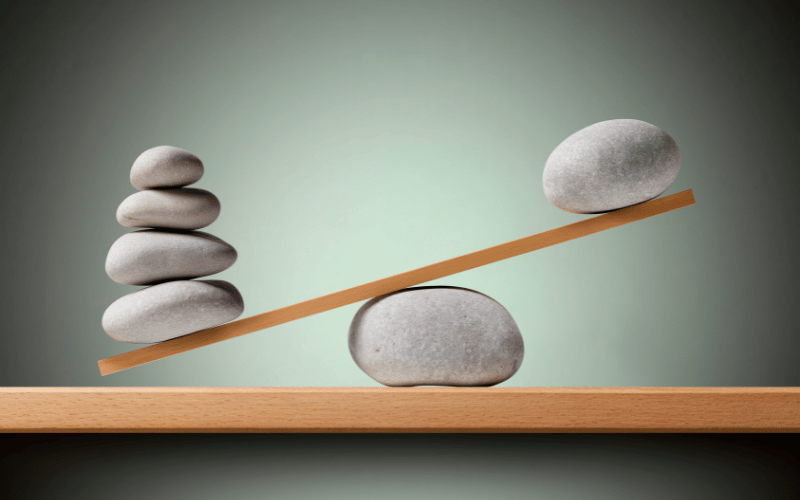Cause 4: Hormonal Imbalance

Hormones act like little messengers, ensuring our bodies function correctly. One such critical hormone is the antidiuretic hormone (ADH). Produced in the brain’s hypothalamus and stored in the pituitary gland, ADH plays a pivotal role in managing the body’s water levels. By regulating urine production at night, ADH ensures we can enjoy a full night’s sleep without needing frequent bathroom breaks.
In most individuals, ADH production sees an uptick during nighttime, resulting in reduced urine production and concentration. But here’s the catch: some kids might not produce enough ADH at night. It leads to the production of larger amounts of urine than their bladders can handle, leading to, you guessed it, bedwetting. The hormonal connection to nocturnal enuresis is often a hereditary one. If a child’s parents faced bedwetting challenges, there’s a possibility the child might too due to similar hormonal patterns.
The ramifications of a hormonal imbalance stretch beyond just an overfull bladder. There’s an emotional and psychological dimension. For a child, understanding why their body is behaving differently can be bewildering. They might harbor feelings of guilt or embarrassment, especially when they compare themselves to their peers. The challenge, thus, isn’t just physiological but also emotional.
Medication can sometimes help increase ADH levels, mimicking the hormone’s natural effects. Desmopressin is one such synthetic drug. However, it’s vital to note that while such medicines can be effective, they’re not a one-size-fits-all solution. They work best in conjunction with behavioral therapies, ensuring a holistic approach to managing nocturnal enuresis. (4)